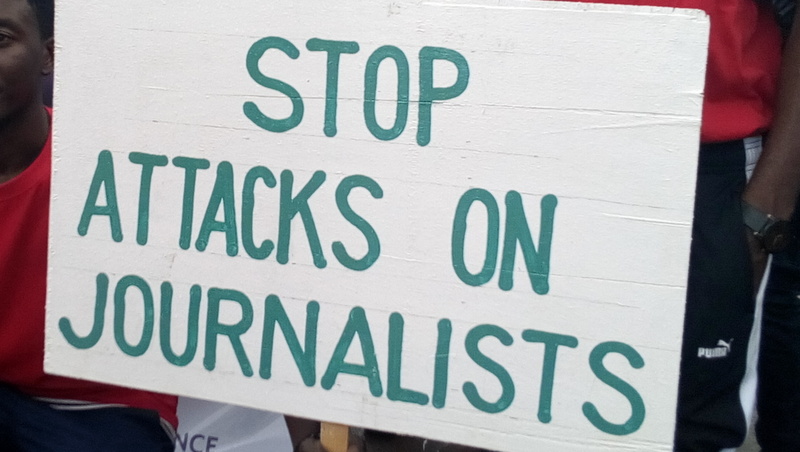MISA Malawi continues its advocacy against archaic and undemocratic laws.
The repeal of sedition laws in Malawi will facilitate the enjoyment of freedom of expression.
Members of Parliament on Monday, November 21, 2022, amended Malawi’s Penal Code which, among others, decriminalizes sedition and other related offences.
Sedition is defined as conduct or speech inciting people to rebel against the authority of the State or President.
The repealed sections are 50, 51,52 and 53 of the Penal Code of Malawi which provide for seditious intention, seditious offences, forfeiture and prohibition of publication and legal proceedings on sedition.
Successive governments in Malawi have used sedition charges to restrict freedoms of expression and opinion; and silence critical voices.
“MISA Malawi has been campaigning for the repeal of sedition laws to facilitate the enjoyment of media freedom and freedom of expression for several years. The amendment is a significant step towards protection and realisation of fundamental rights provided for in the Malawi Constitution,” MISA Malawi Chairperson Teresa Ndanga said.
She said MISA Malawi is delighted to note that Members of Parliament (MPs) have decided to remove such laws from our statutes.
“The move will open up the civic space and ensure unhindered participation of every Malawian in the democratic discourse. We expect that the President will not take time to assent to this progressive Bill,” she said.
Welcoming the news on twitter, investigative journalist Golden Matonga described the amendment as a good development for press freedom in Malawi.
“The old sedition law that could jail journalists and citizens for small slights against the president has been removed,” Matonga said.
In a 2010 High Court ruling on the State vs Harry Mkandawire and Yeremiah Chihana sedition case, Judge Lovemore Chikopa, now Justice of the Supreme Court of Appeal, said freedom of speech/expression should not be restricted to speaking about only those things that delight those in power.
“It must extend to the freedom to speak about even those things that have the capacity/potential to displease or indeed annoy. Persons or institutions should not therefore be barred from expressing themselves on any issue merely because doing so will discomfort certain quarters for the remedy in such instance is not to bar expression but to allow those offended to pursue civil suits,” Chikopa said.
About MISA
The Media Institute of Southern Africa (MISA) was founded in 1992. Its work focuses on promoting, and advocating for, the unhindered enjoyment of freedom of expression, access to information and a free, independent, diverse and pluralistic media.









